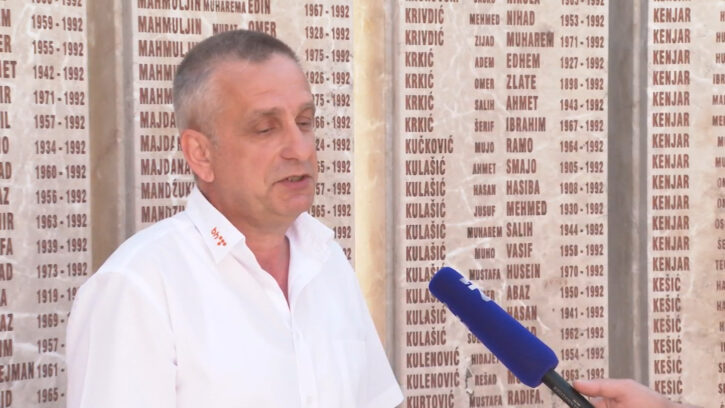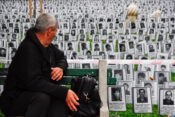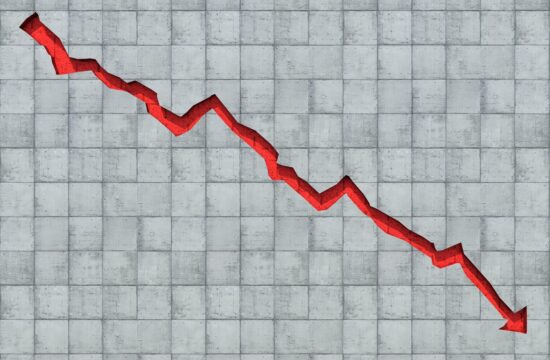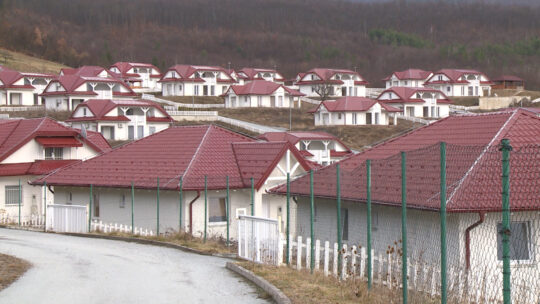
Teufik Kulasic, a wartime prison camp survivor from the northwestern town of Prijedor, will on Saturday bury his brother whose complete remains have still not been found.
On May 31, 1992, the Bosnian Serb local government ordered all non-Serbs in the Prijedor area to mark their houses with white sheets and to wear white ribbons on their arms.
It was also the day the Omarska prison camp was established, where 3,300 of those people would end up.
About 50,000 people were exiled from Prijedor, while about 30,000 non-Serb men, women and children ended up in prison camps such as Keraterm, Trnopolje, Omarska and another 54 similar places.
On Saturday, Kulasic’s brother will be one of the 86 victims who will be laid to rest during the collective funeral.
Most of the victims were killed in the Koricani cliffs massacre – one of the gravest atrocities committed during the 1992-1995 war.
Kulasic complained that the search for the remains of the victims is taking too long.
He said what happened at the Koricani cliffs is “a crime which the human mind cannot fathom, for people to be killed that way and thrown into a ditch and for trying to hide everything.”
Many of the remains would never have even been found if it was not for the pressure by the families of the victims, he argued.
Kulasic was during the war in a Prijedor prison camp with his brother.
He told N1 the story of how his brother was killed.
“My brother and I were captured in a house together, back then that was called ‘cleaning the terrain’. My nephews also stayed in that house,” he said, adding that “it seems those evildoers at least had some soul and heart” to let them go.
“However, that is what caused my brother’s death, he felt that they (his sons) are there somewhere and that he will find them. So, the first chance he got, he ran into a bus which took him to the Koricani cliffs, where he was killed,” he said.
He explained that his brother’s sons could not come to terms with the crime for more than ten years.
“When it emerged that such a grave crime occurred, my nephews could not accept that their father was killed that way,” he said.
After the war, Teufik Kulasic returned to Prijedor, where 3,176 of his fellow citizens were killed.
“With our return, we have proven that we want life. I entered the war without any children and now I have three daughters who finished school in Prijedor just as their father, despite the fact he ended up in a prison camp there,” he said.
“It needs to be understood that we seriously want to live here, this is our home,” he said.
But Kulasic also added that what hurts the survivors and the families of the victims most is the rampant denial of the atrocities which took place in Prijedor.





